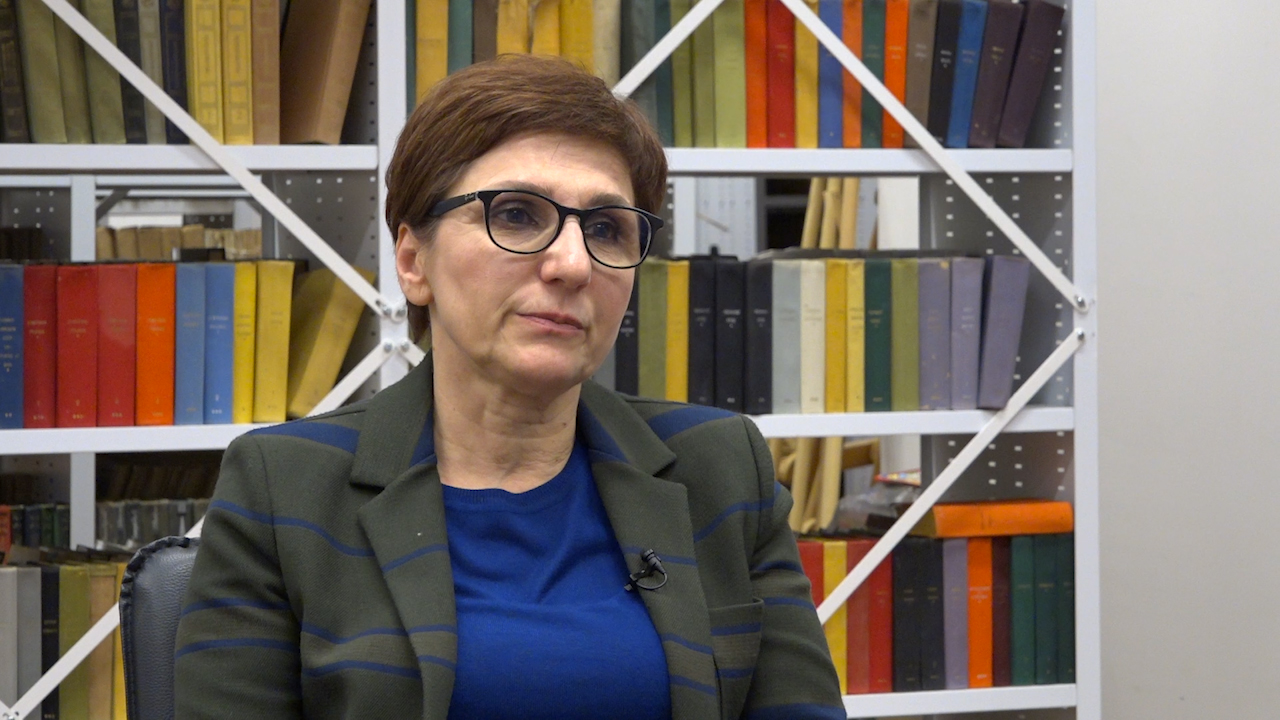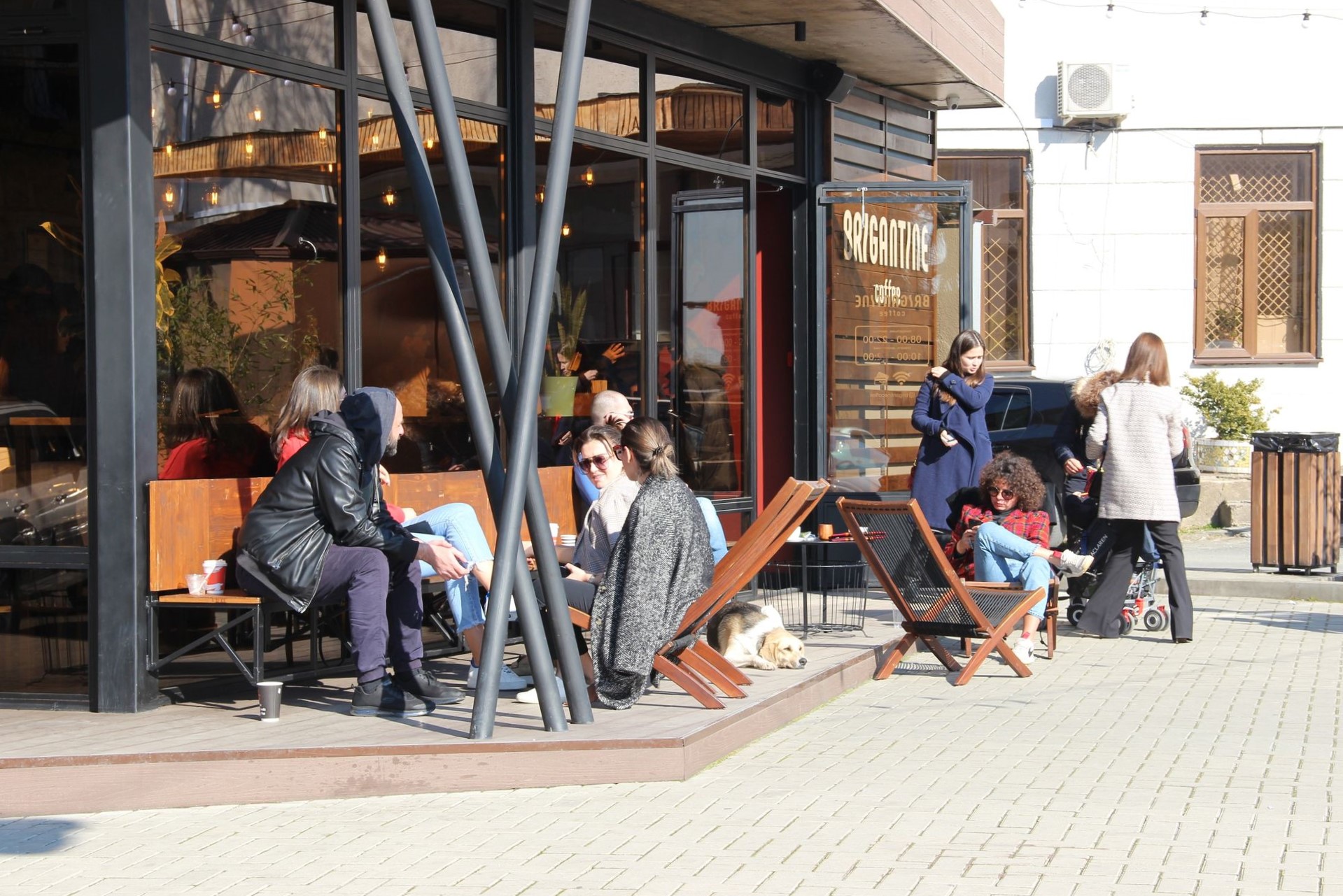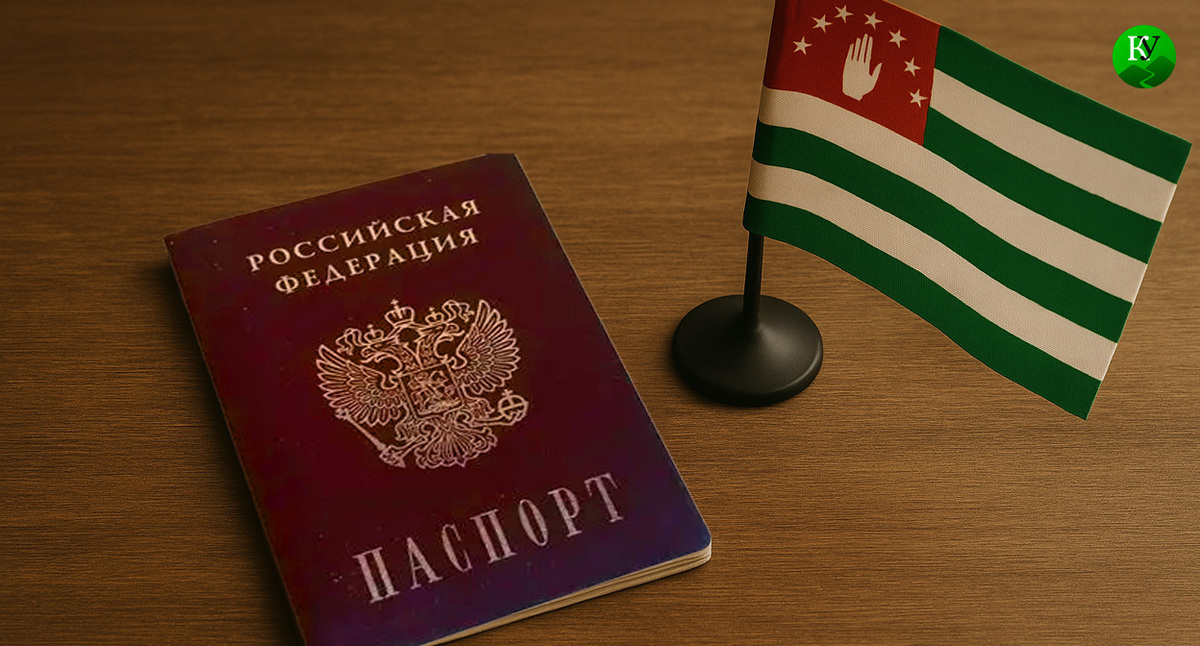Screaming behind the wall: Domestic violence in Abkhazia is a problem ignored by the government
Domestic violence in Abkhazia is a topic that is practically ignored not only by society, but also by the authorities. For several years now lawyers, human rights activists and representatives of civil society have been unsuccessfully fighting for the adoption of the law “On Protection from Domestic Violence”. But so far there is no official support for victims, and none is expected.
The woman in the closet
My cousin vividly remembers a picture from her childhood: she comes home from school and finds an angry neighbor looking for his wife.
The sister goes into the nursery and finds the neighbor hiding in her closet. Meanwhile, the lady of the house is trying to convince the man that his wife is not there.
Much later the woman decides to get a divorce. Then the husband takes her to the woods, ties her to the car and threatens to hack her to death with an axe. The woman has no choice but to pretend she loves him so that she may return home safely.
- More cases of elder abuse in Armenia
- Men don’t cry? – Stories of male victims of domestic violence in Azerbaijan
One of my friends has lived next door to me for more than 10 years with a quite ordinary family: a husband, a wife and two children. When I visit my friend, I often meet one of them and greet them politely. And everyone else does the same, pretending as if they don’t hear the occasional screams, children’s cries, and the clatter of falling objects coming from their apartment.
At first the neighbors took an active part in what was happening: they took the wife and children to their apartment, tried to discipline the husband, involved older relatives, specialists… But everything always returned to normal and over time began to be perceived as something mundane. Now the neighbors have stopped paying attention to it altogether.
A comprehensive approach
To date, the only punishment for domestic violence in Abkhazia is arrest for up to 15 days, and in practice it is rarely applied. Usually, law enforcement agencies are not even informed about such episodes – it is not customary to air one’s “dirty laundry”.
Only public and human rights organizations are trying to solve the problem somehow. They have developed a draft law that could protect victims of domestic violence.
“In Abkhazian legislation there is not even the very concept of “domestic violence”. It is impossible to protect victims of domestic violence only by criminal law measures of responsibility. Because in such a case we are talking about working with the consequences, not with the causes. And the essence of our draft law “On Protection from Domestic Violence” lies in a comprehensive approach,” lawyer Said Gezerdava, one of the co-authors of the draft law, says.
He explains that the main types of domestic violence are physical and sexual. But there are also such types as economic and psychological violence, or stalking. The authors have introduced the term “family and domestic debauchery” into the bill.
The bill defines the powers of the Cabinet of Ministers, the Ombudsman, local governments, internal affairs bodies, and non-profit organizations. The main burden falls on the law enforcement agencies, which must supervise and can, for example prohibiting the aggressor from approaching the victim and contacting her.
Said Gezerdava considers identification, analysis, statistical records, information campaigns, preventive conversations, and psychological support as preventative measures.
To give a choice
Four counseling centers operate in the republic on the basis of public women’s organizations, says Madina Khagush, a lawyer of the Association of Women of Abkhazia. The crisis center at the Women’s Association provides free psychological and legal assistance to victims of domestic violence.
“Most often women apply, less often men, there are appeals concerning violence against children. Psychological assistance is also provided to children who have witnessed violence and abuse in the family. Cases when violence is used against elderly parents by children are not uncommon. Most often the aggressors are young people with alcohol and drug addiction,” Madina Khagush says.
Legal assistance is provided in the form of consultations, support, processing and collection of materials and preparation of statements of claim. The Association of Women of Abkhazia has paid for the services of lawyers for victims of domestic violence at the stage of investigation, and during trials in complex cases.
However, so far no one has been able to ensure the victim’s safety. There is no crisis center in Abkhazia where a victim of domestic violence could not only find psychological and legal support, but also shelter and protection from the authorities.
The current legislation, experts argue, does not take into account the specifics of domestic violence and the fact that the victim remains unprotected. At this point, in cases of domestic violence, the human rights violation consists not only in the use of violence itself, but also in the inability and unwillingness of the state to hold the aggressor accountable. In fact, the current legislation can only intercede for the victim if he or she has already been killed or at least seriously maimed.
Psychologist Ilona Vouba also talks about the need to create shelters for victims of domestic violence.
“The absolute majority of victims do not have the financial ability to rent a place to live. The emergence of such a center helped to give women a choice. In fact, choice is something that the victim does not have,” she believes.
A vicious circle
“Speaking about violence, we are talking about a system. That is, a cycle of constantly repeating acts of violence,” explains Anna Torgashova, a psychologist with the Association of Women of Abkhazia.
According to her, the more often these cycles of violence occur, the more helpless the victim becomes.
“There are a lot of reasons why a person is unable to get out of the vicious circle of violence, but the main ones are still two – personal and social. To the first we refer low self-esteem, loss of faith in oneself and one’s future, guilt, fear. To the second – material and domestic dependence: lack of personal income, own housing, education. There is another important reason – the influence of social stereotypes; the victim is afraid that society will condemn her”, Anna Torgashova says.
“He knocked over everything he could, said he was gonna kill me, and left.”
“The day I decided to tell my husband about the divorce, I parked the car in another yard. I thought for sure he would run out into the street to wreck it. He’s used to destroy things I care about in anger.
He had to move out of the apartment since we were living with at my place. He flipped out and smashed everything he could, told me he was going to kill me, and left.
I didn’t come home for a long time, I lived with my parents, girlfriends, sister. My husband wouldn’t come near me, but tried to interfere with my work. Now it seems that with the support of friends and relatives I managed to solve the problem, but I don’t know how long it will last.
Yes, it is difficult to decide to change, but it is impossible to live like this. True, I realize that it’s easy for me to say: we lived in an apartment, which I earned, and all financial expenses have always been on me,” says the girl, who recently divorced a domestic tyrant. It took her a year to make this decision.
In the absence of relevant legislation and official statistics, it is difficult to say how many people are victims of domestic violence right now. It could be our neighbor, a relative, a friend, our children’s classmates. And from the outside, they may appear to be perfectly well off – because that is the image that is important to maintain in a society that denies your problem.
Toponyms, terminology, views and opinions expressed by the author are theirs alone and do not necessarily reflect the views and opinions of JAMnews or any employees thereof. JAMnews reserves the right to delete comments it considers to be offensive, inflammatory, threatening or otherwise unacceptable





















